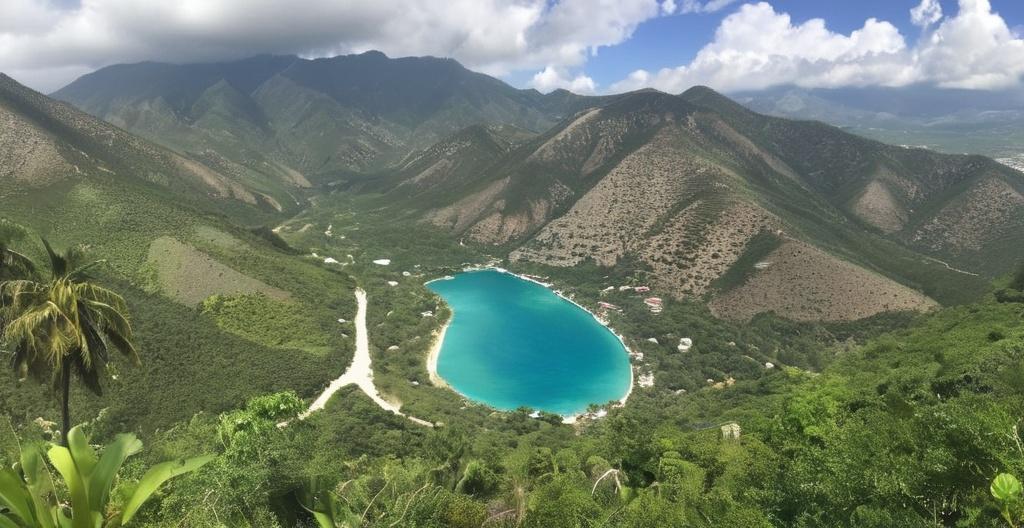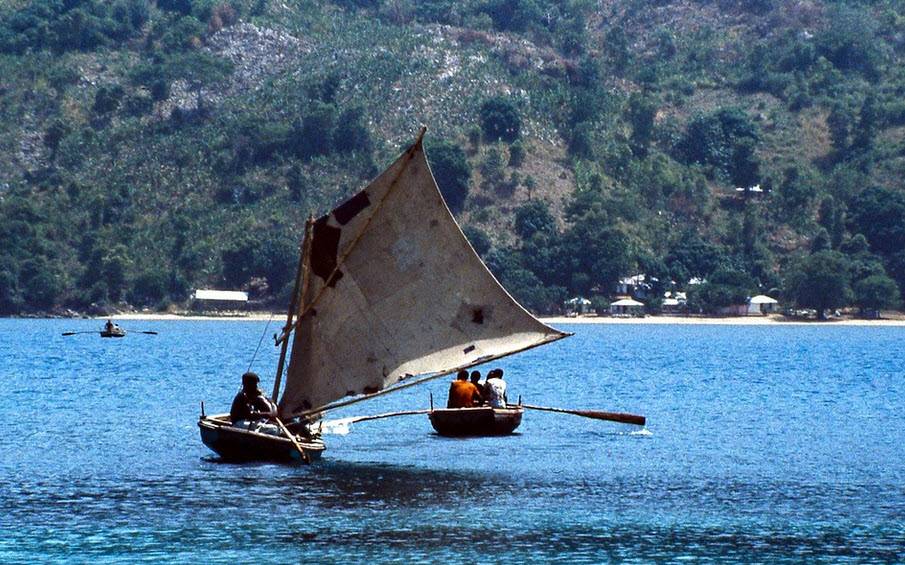Key Take Aways About Water quality and bottled water availability
- Water quality in Haiti is inconsistent and often unsafe due to contamination from industrial waste, poor sanitation, and natural disasters.
- Safe drinking water access varies; urban areas see infrastructure challenges, while rural regions have limited access.
- Waterborne diseases, like cholera, are a risk; treating or consuming bottled water is recommended for safety.
- Bottled water, both international and local, is widely available in urban centers.
- Travelers are encouraged to use eco-friendly options like reusable bottles with filtration systems to reduce plastic waste.

Water Quality in Haiti
Haiti, the island nation in the Caribbean, has its charms and challenges. One of the more pressing concerns for both its residents and travelers alike is water quality. The country’s water supply has often been a topic of discussion, mostly due to its inconsistency and safety concerns.
The quality of water in Haiti can often be less than ideal owing to a number of factors. The main water sources are rivers, wells, and springs, but they face threats from contamination. Industrial waste, poor sanitation infrastructure, and natural disasters have all contributed to a situation where clean, accessible water isn’t always easy to come by. You can’t just mosey over to a tap and gulp down a glass of water without a second thought.
Challenges of Water Accessibility
Access to safe drinking water in Haiti varies significantly between urban and rural areas. In cities, efforts have been made to improve water infrastructure, but frequent power outages and maintenance issues still pose problems. In rural areas, access is often more limited, with many residents relying on communal wells or natural water sources that are not adequately protected from contamination.
Waterborne diseases are a genuine concern, as cholera and other such illnesses have been common in the past. For travelers, it’s essential to be cautious and well-informed about the water sources they engage with. It’s advisable to treat or boil water before consumption or, better yet, stick to bottled water. But where do you get good bottled water, you ask?
Bottled Water Availability
For those not up for the risk of using local water sources, bottled water is a popular and safer alternative. Bottled water is readily available in most urban centers and tourist locales. Many vendors offer both international brands and locally bottled options, typically in half-liter and one-liter bottles.
While some international brands can be pricier, locally produced bottled water offers an economical choice without sacrificing safety. As with anywhere else, always check that the seal is intact before purchasing.
Perception of Bottled Water
There’s a peace of mind that comes with grabbing a bottle of water from a trusted brand compared to dipping into the unknowns of local water sources. Man, nothing beats that crisp sound of a cap twisting off when you’re parched from exploring the bustling streets of Port-au-Prince or the stunning beaches of Jacmel.
Although bottled water is widely accessible in urban areas, it’s less so in remote regions. Here, travelers will have to plan ahead if they’re venturing off the beaten path—stock up before heading into the countryside.
Responsible Consumption
Given the global concerns regarding plastic waste, travelers are urged to consider eco-friendly options. While in Haiti, using reusable bottles equipped with portable water filtration systems can be a great way to enjoy safe drinking water while reducing plastic waste. It’s a small step in responsible tourism, but one that can have a significant impact.
In conclusion, while Haiti presents its hurdles concerning water quality and availability, a bit of knowledge and preparation can smooth the journey. With a trusty bottle in hand—whether plastic or reusable—you’re set for a memorable trip through this beautiful Caribbean nation.
